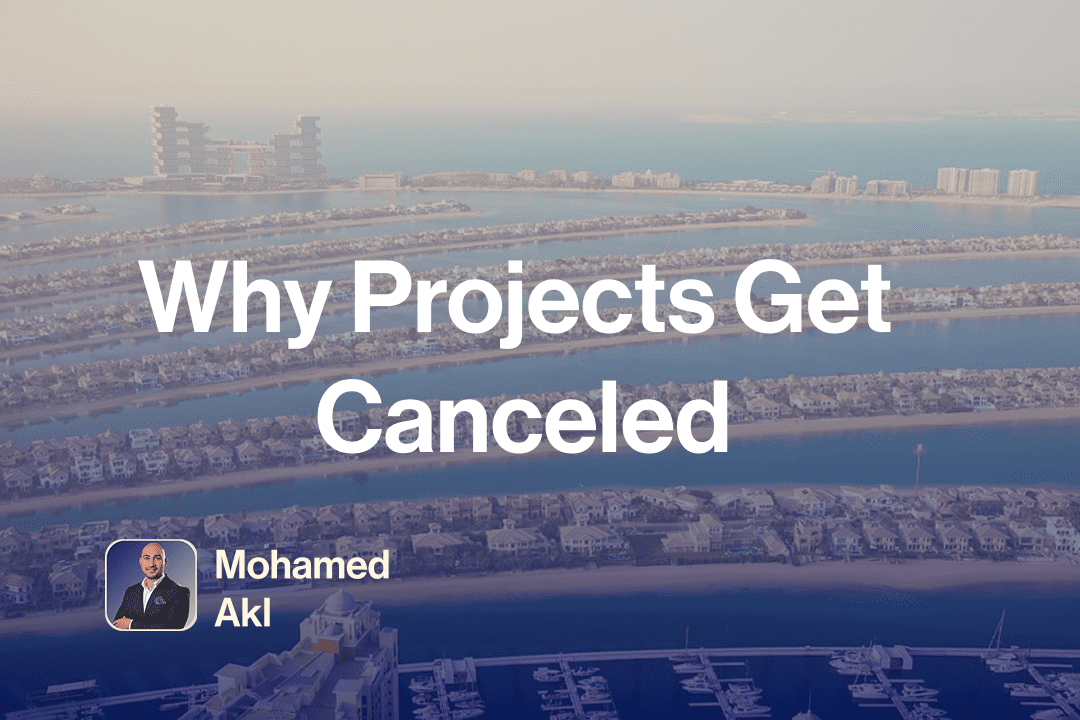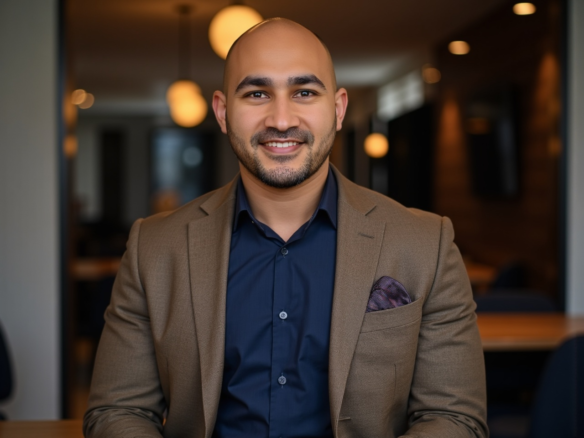Dubai’s real estate market is globally respected for its modernity, regulation, and investor protection. However, like any dynamic property market, there are instances where developers cancel off-plan or under-construction projects. Whether due to financial issues, planning challenges, or legal problems, cancellations can be unsettling for investors. This guide explains what happens when a project is canceled, the legal framework governing such events, investor rights, and steps to recover your capital safely.
Why Projects Get Canceled
Project cancellations in Dubai are rare but can happen due to:
- Financial difficulties of the developer
- Regulatory non-compliance with RERA/DLD
- Failure to meet construction milestones
- Legal disputes or land ownership issues
- Low demand or market feasibility problems
The Real Estate Regulatory Agency (RERA), a division of the Dubai Land Department (DLD), monitors all registered developers and has systems to detect risks early. Cancellation typically happens only after due diligence and formal investigation.
What Laws Govern Cancellations?
Dubai has strong investor protection laws. The key legal instruments are:
- Law No. 8 of 2007 (Escrow Law): Requires off-plan payments to be held in dedicated escrow accounts.
- Law No. 13 of 2008: Sets requirements for registration and sale of off-plan properties.
- Law No. 19 of 2017: Details the legal process for breach or termination of sale contracts.
- Decree No. 33 of 2020: Establishes a special judicial committee to oversee cancelled projects, liquidation, and refund processes.
RERA has the authority to cancel projects that fail compliance or face operational challenges. Once canceled, developers are legally obligated to refund affected investors.
The Role of RERA and the DLD
Once a project is under scrutiny:
- RERA Investigates: Developer performance, finances, and milestone completion.
- DLD Escrow Audits: Ensures how much buyer money is in escrow and how it was used.
- Cancellation Decision: RERA formally cancels the project if it deems continuation unfeasible.
The process is transparent, and buyers are notified via formal communication.
Read about best projects in Dubai Creek Harbour
What Happens to Investor Money?
Dubai’s Escrow Law protects buyers:
- Funds paid for off-plan units are held in regulated escrow accounts.
- After cancellation, RERA works with the bank trustee to release remaining funds back to buyers proportionally.
If all or most of the funds are intact, refunds are straightforward. If funds are partially used, recovery depends on remaining balance and legal steps.
How Refunds Are Processed
Refunds are handled by:
- Escrow Bank: Under supervision of DLD and RERA
- Special Judicial Committee (Decree 33 of 2020): In complex cases, especially if developer assets are frozen or disputed
- Court Orders: In some cases, legal action may be required to recover remaining balances
Investors typically need to submit:
- Proof of payment
- Copy of sale agreement (SPA)
- Identity documents
- Bank details
Read Also: Rental Yields in Dubai
Risks and Investor Protections
Key Protections:
- Escrow requirement for off-plan payments
- Project registration and RERA oversight
- Developer licensing and track record monitoring
- Clear legal recourse via Dubai courts or the Special Committee
Risks to be Aware Of:
- Partial refunds if funds were misused before cancellation
- Legal delays for dispute resolution
- Documentation gaps that delay processing

Investor Guide 2025
Learn how to invest in Dubai’s real estate market with clarity and confidence.
Download NowWhat to Do If Your Project Is Canceled
- Stay Calm & Confirm Status: Ensure official cancellation via RERA or DLD.
- Collect Documents: Payment receipts, contracts, escrow account info
- File a Claim: Submit to DLD or designated committee
- Follow Up: Track status regularly and cooperate with any investigation
- Consult a Professional: Legal or property expert can accelerate and secure your refund process
Can You Transfer or Exchange Property?
Some developers may offer to transfer your purchase to another active project they manage. This may be an attractive solution if:
- You prefer to reinvest rather than exit
- The alternate project is equal or superior in value
- There is minimal price adjustment or penalty
Important: Always review new terms and ensure it’s RERA-approved.
Lessons for Future Investments
- Always invest in RERA-approved projects
- Verify escrow account status and developer history
- Use professional advisors for due diligence
- Avoid overly aggressive or high-return promises
- Ensure your SPA has protective clauses
What is the role of escrow accounts in Dubai real estate?
Escrow accounts ensure all buyer funds are safeguarded until construction milestones are met.
How long does the refund process take after cancellation?
It varies from a few months to over a year, depending on funds and legal complexity.
Can I sue a developer if my project is canceled?
Yes, but most cases are handled by RERA or the Special Judicial Committee first.
What documents are required for claiming refunds?
SPA, payment proofs, ID copies, and bank account details.
Are all off-plan projects in Dubai covered by escrow law?
Yes, all approved off-plan projects must have escrow accounts under Law No. 8 of 2007.
Can I transfer my investment to another project safely?
Yes, but only if the new project is RERA-approved and terms are favorable.
Conclusion
While a canceled real estate project in Dubai can be stressful, the city’s regulatory system ensures strong buyer protections. Through escrow laws, RERA enforcement, and judicial recourse, investors have multiple avenues to secure their capital. As an informed investor, always align with registered projects, maintain complete documentation, and partner with credible professionals. This approach minimizes risk and protects your path to secure real estate returns in Dubai.






 100% Free Consultation
100% Free Consultation